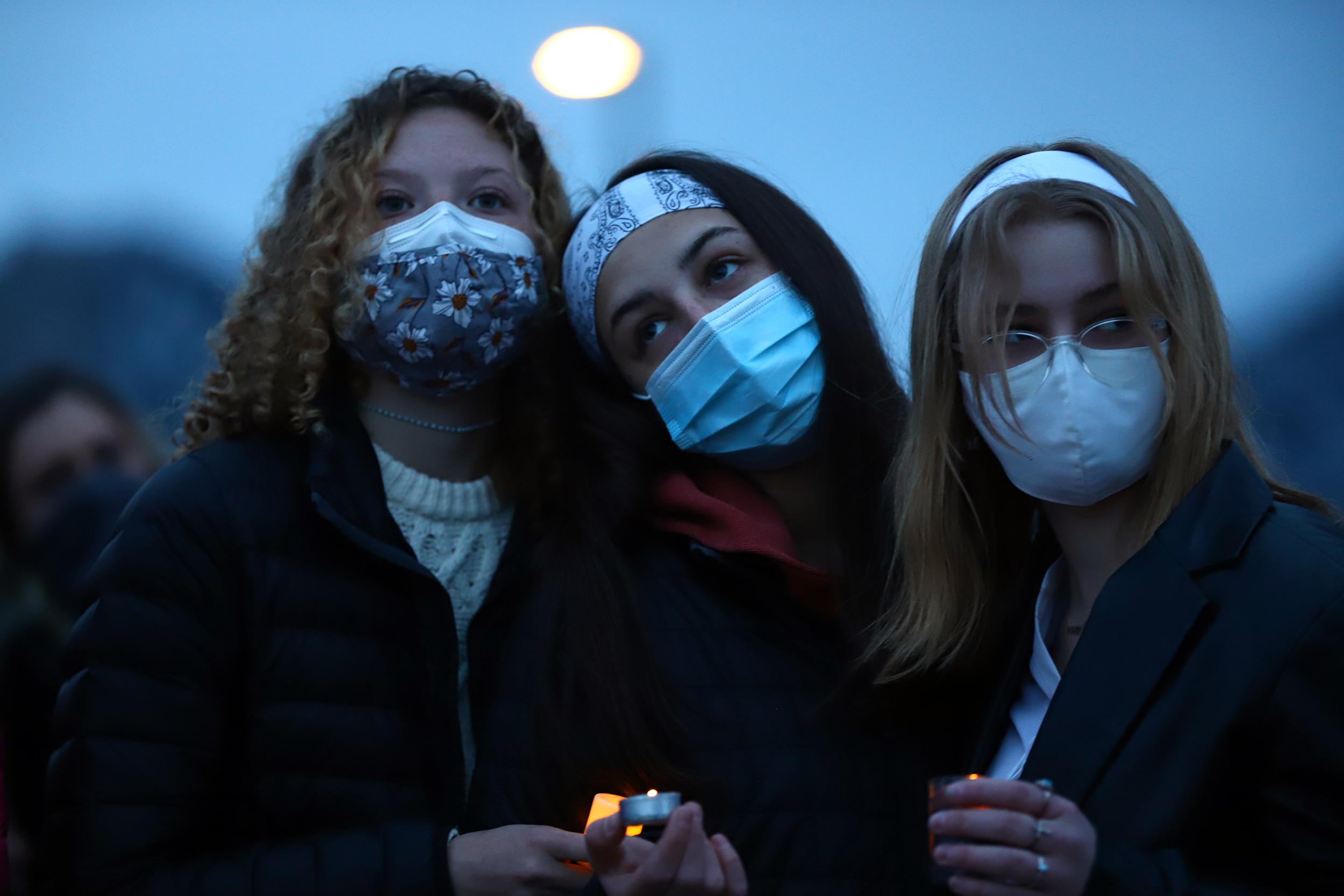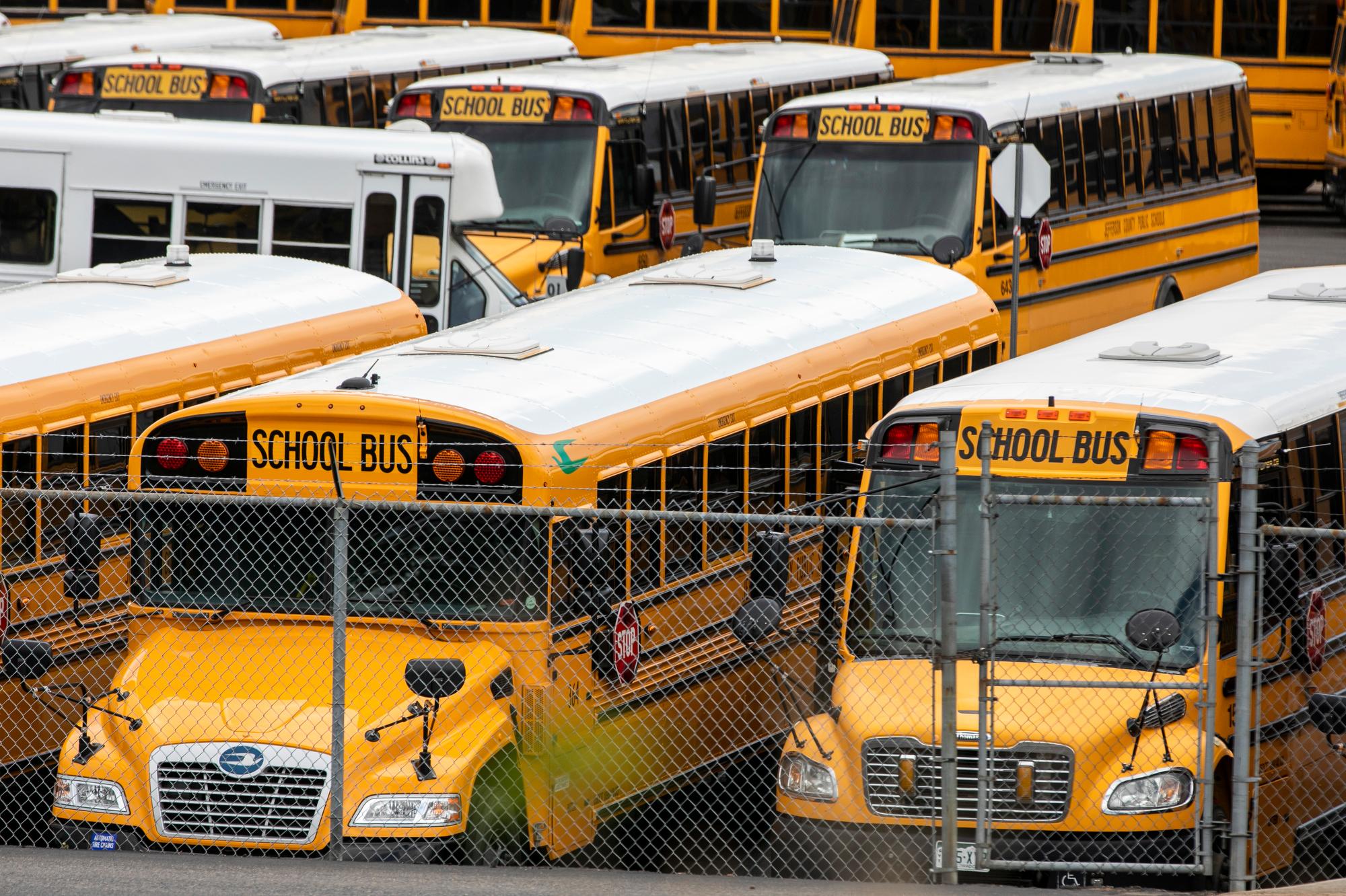
The phones at Colorado Crisis Services rang nonstop the day after 10 people were killed in a mass shooting at a King Soopers in Boulder.
Nearly 1,000 people called the crisis line, which is open 24 hours a day for people seeking support, according to the Office of Behavioral Health at the Colorado Department of Human Services.
The attack traumatized Boulder and rippled out to the rest of the state and country, said Paul Barnett, the office’s associate director of adult treatment and recovery. Only a few days removed from the shooting, it is likely that most people are still coming to terms with what happened.
“Initially, people might be in denial or disbelief, certainly shocked about what's happened,” he said. “Then I think people feel extremely sad, traumatized, angry, just very upset about it.”
Those emotions, heavy on their own, are compounded by other major events affecting the daily lives of Coloradans, said Janine D'Anniballe, the director of trauma services at Mental Health Partners, which serves Boulder.
“We've had the pandemic ... then we've had wildfires, then we've had other mass shootings,” D'Anniballe said, referring to the shooting spree at Atlanta massage parlors on March 16.
“You start layering these events on events on events,” she said. “There's only so much people can take before we’re challenged to be resilient in the face of so much stress coming at us.”
These events can lead to a constant feeling of fear or vulnerability.
Barnett said the collective trauma can be even worse for the Denver metro, which has one of the highest rates of mass shootings per capita in the country since 1999.
Sona Dimidjian, director of the Renée Crown Wellness Institute at the University of Colorado Boulder, was struck by those feelings herself. She heard helicopters hovering over the city the day after the shooting, causing her to wonder: What’s happening now?
“Many people have never experienced a pervasive sense of risk and threat, and also a year of increasing awareness,” Dimidjian said. That can lead people to disconnect and isolate themselves from others, she said, behaviors all too common during the pandemic.
For some, the light at the end of the tunnel that was visible as more people were vaccinated against COVID-19 may be dimming, the experts said. Leaving a depressing year behind and returning to a world filled with acts of violence and chaos can lead to numbness or detachment.
Colorado experts say it’s essential for people to stay connected with friends, family, coworkers or neighbors.
Sharing stories and emotions can create comfort and remind people they are not alone. That way, society can move forward, “one step, one breath, one moment at a time,” D’Anniballe said.
“I think when we start to make those connections, that's how we start to move through,” D’Anniballe said.
It can be awkward to reach out to others during the pandemic, Dimidjian said. She noticed this when she went to drop off food to a colleague whose family member works in the same shopping center as King Soopers. The two embraced in a hug, realizing only later they should stand apart.
“We're living in this very multilayered reality where all of these experiences are existing on top of each other in any one moment,” she said.
The symbols of mourning and compassion are visible in the flowers, stuffed animals, cards and candles people continue to place on the fencing surrounding King Soopers, Dimidjian said.
The experts also encouraged people to limit their exposure to constant news and social media.
“It's not going to serve me to just be scrolling on my social media feeds, to read the accounts, to see the firsthand eyewitness reports, to watch every press conference,” D’Anniballe said. “That at some point is going to be diminishing returns for my nervous system.”
People can also contact mental health professionals, especially if they feel more severe symptoms of depression.
Mental Health Partners is coordinating with the Colorado Office of Behavioral Health, Barnett said. The Renée Crown Wellness Institute will contact CU Boulder students and share ways they can support one another.
- Donations: How You Can Help The Families Of The Boulder Shooting Victims
- Victims: Who We Lost In The Boulder King Soopers Shooting
- King Soopers Employees: "We Weren't Already Hard Enough? This Had To Happen Too?”
- Motive: Police Are Still Searching For A Motive
- Weapon: The Firearm The Suspect Bought Looks Like A Rifle, But It's Regulated Like A Handgun
- Guns: We Want To Hear From You: What Do You Want To Know About Gun Laws In Colorado?
- Next Steps: Colorado Lawmakers Are Considering A Ban On 'Assault-Style' Weapons
- In Photos: Here's Some Of What We Saw As Last Week Unfolded
- Mass Shootings: Colorado Has More Mass Shootings Than Other Places
- Mental Health: As Mass Shootings And Pandemic Collide In Colorado, Mental Health Experts Urge Connection Now More Than Ever
- Suspect: Boulder DA expects to file additional charges against the 21-year-old shooter









